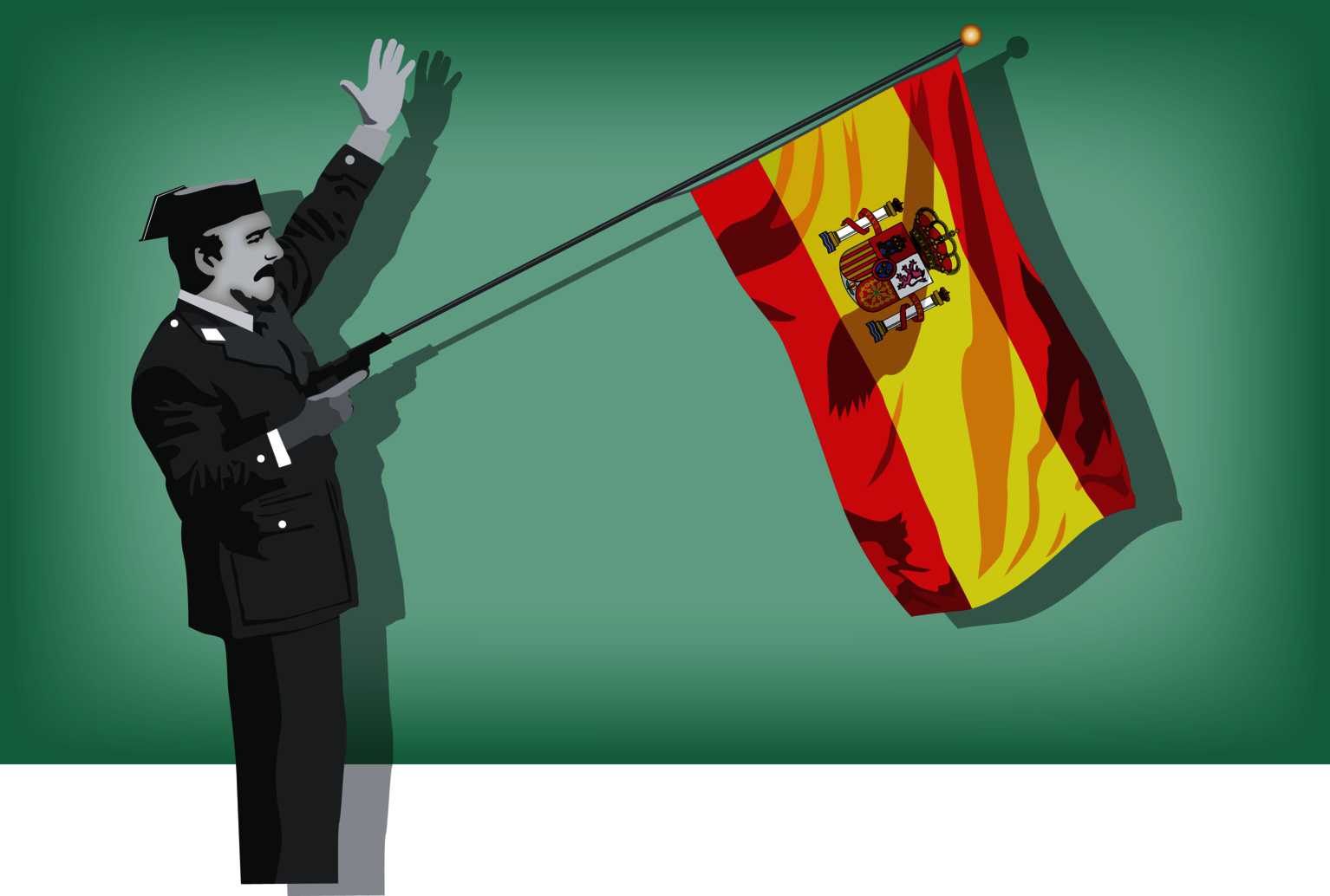Long-term resident
Silly old coups
Who – if they’re as long in the tooth as myself, or longer – doesn’t remember the 1981 attempted coup d’état that once took place in the Kingdom of Spain? On February 23 at 2.30pm, six buses full of paramilitary police (aka the Guardia Civil or GC) pulled up outside the Congress of Deputies. Once this building was sealed off, bushy-moustached lieutenant colonel Antonio Tejero led a detachment of 200 GCs into the debating chamber. Tejero fired three pistol shots at the ceiling, which were followed by bursts of machine-gun fire from his cohorts. It took Juan Carlos I – the monarch of the moment and also, helpfully, Commander-in-Chief of the Spanish armed forces – a full seven hours to appear on TV and defuse the coup with a brief speech. After that, he was hailed worldwide as the saviour (or Saviour) of Spanish democracy. This saintly image, however, would be questioned 19 years later, when the Basque publisher Kale Gorria brought out a book which gave a completely different version of events, according to which the said sovereign had decided to placate uppity sectors of the military (concerned that Spain was becoming too decentralised) by dissolving parliament and establishing a provisional government presided over by a military officer, in which all state-wide political parties (but not the Catalan or Basque ones) would participate. The officer of choice was Alfonso Armada, the king’s former secretary and a member of the Royal Household. But when Tejero heard in mid-coup that the Communist Party would be included in the provisional government, he refused to comply with orders. After that, the king’s only recourse was to abort the coup. The Basque book was banned from bookshops (or seized from them by the GC and police when found on display). In 2004, the prestigious Catalan historian Josep Termes published an article in a Catalan language magazine, El Temps, in which he came up with further research that backed up the king-launched-the-coup narrative. Then, in 2012, the German magazine Der Spiegel published a 1981 report from the then German ambassador Lothar Lahn, who had been surprised that Juan Carlos had shown “great sympathy” for the coup plotters, saying they “only wanted what everyone wanted”, and adding that their sentences should be as light as possible (which indeed they were). In 2018, a former veteran GC called Manuel Pastrana, and a contemporary of Tejero’s, published a book in which he claimed the latter had assured him that Juan Carlos had ordered the coup. But what should really have had the shit splattering the proverbial fan was the publication in February of this year (in El Correo de Madrid) of a signed letter sent to the right-wing journalist Fernández-Villamea years ago by Antonio Tejero, confirming he had acted on orders from the king. But no shit got within spitting distance – as it were – of any fan. Which is a pity, because this string of revelations is by no means irrelevant to the current conflict between Spain and Catalonia, given that the organisers of the 2017 referendum on independence and two civic leaders are now being classified as ’coup plotters’ by right-wing media and political parties, and are being accused of ’violent rebellion’ by the Spanish judiciary, a charge which carries a 35 year sentence (real coup gunman Tejero was jailed for 14, and real coup plotter Armada for seven). What’s more, Diego Pérez de los Cobos, the commander of the detachments of police and paramilitaries that beat up so many Catalans on Referendum Day, had, in his salad days, volunteered to take part in the 1981 coup. Were investigative journalists to prove the alternative version of the coup to be definitively true, the entire ongoing trial against the Catalan political prisoners (and much else besides) would collapse like a town of cards. No wonder the Spanish media are keeping so dutifully mum.


